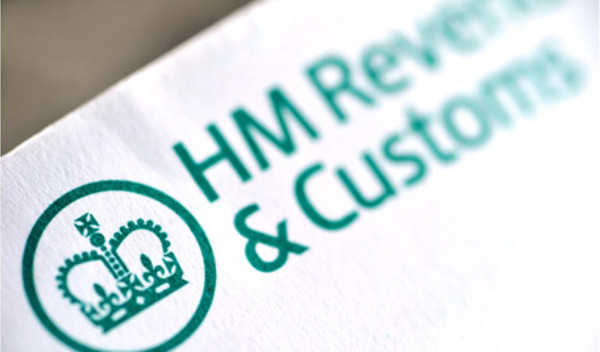

Investors in a film scheme face tax liabilities on money they never received after a decision by HM Revenue & Customs.
HMRC has decided in the case of the Eclipse film partnerships that the loans investors took out to invest in the scheme would not be recognised as losses.
This meant the "rent" which flew into the partnerships from production companies for film rights will be viewed as income rather than repayments on the loans.
As a result, individual investors face being charged more in tax than they ever received in income.
Julia Norris, a partner at FS Legal, said an investor committing £150,000 of their own money to an Eclipse scheme would have taken out a loan of around £4.5m.
They will have lost that £150,000 and will have to pay income tax at 45 per cent on the £4.5m, so someone investing £150,000 will now have to pay more than £2m to HMRC.
Ms Norris said: "Clearly when individuals are being asked to pay more in tax than they ever received in income, they are highly unlikely to have the money to pay those claims and may well end up being made bankrupt by the Revenue.
"Our experience is that HMRC are adopting a ‘take no prisoners’ approach to making individuals bankrupt although we have been able to negotiate agreements on behalf of some of our clients.
"It is possible that not even bankruptcy will bring an end to this liability for investors. Those who do take this course of action may find that liabilities crystallising in later years, long after their bankruptcy, could simply make them bankrupt again and again."
She said her firm would be discussing this issue with accountancy firms and insolvency practitioners in the coming weeks.
Eclipse was operated by Future Capital Partners, which announced last month that it may be going into liquidation.
In 2016 HMRC won a three-year battle with the company over the Eclipse 35 film scheme used by celebrities and sports stars to avoid tax.
The Supreme Court dismissed an appeal from Eclipse 35 brought by Future Capital Partners, its creator, and 287 investors, who reportedly include former football managers Sir Alex Ferguson and Sven-Goran Eriksson.
Last year HMRC issued follower notices reflecting their intention that their approach to the other Eclipse Partnerships - of which there are around 40 - would follow Eclipse 35.
Investors in these schemes would take out huge loans to do so and the partnership would then buy the rights to a film or slate of films which would then be leased to a production company who would make the film and promote it, all the while paying "rent" to the partnership that owned the rights.
This "rent" was used to pay off the multi-million-pound loans and interest so was never actually received by the individual partners.
The loans and interest created a loss equal to, or exceeding, the "rent" income so the investors’ position would usually be neutral, or they would have a net loss to set off against other income from their own employment or business.
Ms Norris said her firm has successfully recovered millions of pounds for participants in Eclipse schemes who were not told of these risks and consequences by their financial and tax advisers.
But she said that for many who have not yet come forward, it will now be too late for them to claim.
Future Capital Partners also sold and marketed the Elysian Fuels investment scheme, which has caused problems for James Hay but cut the value of the shares in the scheme from £1 each to zero in October 2015.
The provider of self-invested personal pensions is in ongoing discussions with HM Revenue & Customs over a potential solution to the sale of these investments between 2011 and 2015.
James Hay estimates the maximum potential sanction charge for the overall 2011 to 2015 period would be about £20m, assuming all Elysian Fuels shares are deemed valueless at inception.
Ian Gwinnell, director of All Counties Financial, said: "Film schemes are very high risk and I wouldn't ever consider putting my client's money in there."
A HMRC spokesman said: "Our role is to collect the tax due under the law. We must follow the legislation in concluding the right amount to tax.
"We are committed to working positively and empathetically to discuss affordable payment arrangements with anyone facing payment difficulties. HMRC has an outstanding track record for helping & supporting those facing genuine difficulty.
"Anyone who anticipates problems paying their tax bill should contact us, as we may be able to offer extra time to pay based on individual circumstances."
damian.fantato@ft.com



